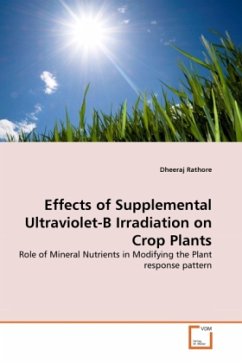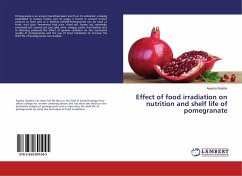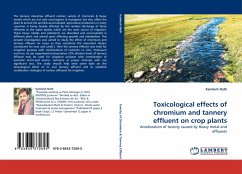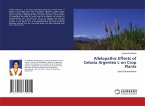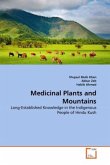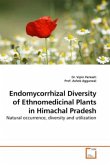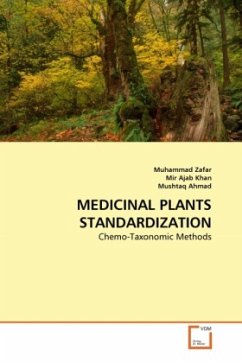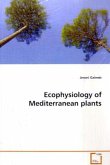There is a growing recognition that changes in the gaseous composition of stratosphere and troposphere may cause significant changes in biological system and global climate. One of the major concerns includes stratospheric depletion of O3 layer leading to enhancement of ultraviolet-B radiation reaching the Earth's surface. Wheat (Triticum aestivum L.) is world's leading crop and very important cereal crop in Indian context. Mung bean (Vigna radiata L.) is an excellent and important source of high quality protein. Being a leguminous crop, it has the propensity to fix the atmospheric nitrogen. Growth and various physiological and biochemical characteristics of wheat and mung bean cultivars were negatively influenced by the supplemental UV-B radiation. The impact of UV-B, however, varied among the cultivars and species. Fertilizer (N, P and K) application significantly improved the response pattern of both the tested crop.
